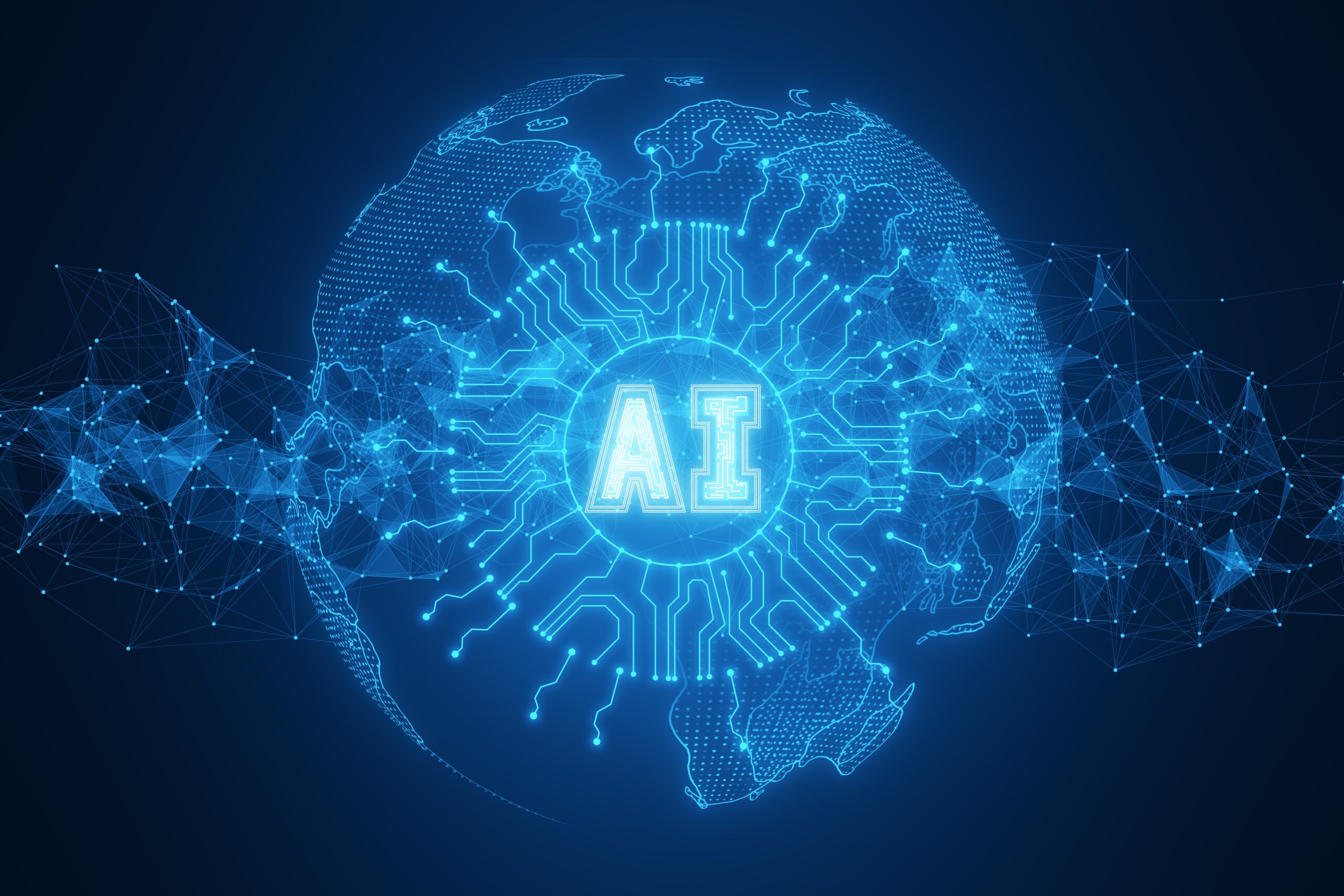Generative AI is causing significant waves across industries, sparking conversations and fuelling excitement for its transformative capabilities. With the inevitable rise of Gen AI, due to its ability to generate content, synthesize data, and automate complex tasks, the surge in popularity can be attributed to the myriad of opportunities and applications the technology presents.
 As we navigate through the world of generative AI, it is becoming increasingly evident that its growth is not just a trend but a paradigm shift in how we interact with and leverage data. AI tools are swiftly transforming various industries, encompassing creative content creation and simplifying complex processes. This marks the fourth stage in the ongoing fourth industrial revolution, characterised by the emergence and integration of exponential technologies such as artificial intelligence, smart machines, robotics, blockchain, and virtual reality, fundamentally transforming our daily lives.
As we navigate through the world of generative AI, it is becoming increasingly evident that its growth is not just a trend but a paradigm shift in how we interact with and leverage data. AI tools are swiftly transforming various industries, encompassing creative content creation and simplifying complex processes. This marks the fourth stage in the ongoing fourth industrial revolution, characterised by the emergence and integration of exponential technologies such as artificial intelligence, smart machines, robotics, blockchain, and virtual reality, fundamentally transforming our daily lives.
Challenges Faced by AI in Terms of Data Management
To fully harness the potential of generative AI applications, organisations must grapple with the challenge of storing, accessing, managing, moving, analysing, securing and computing on vast amounts of data efficiently and cost-effectively. While current data platforms have significantly reduced the complexity of infrastructure deployment for business intelligence and reporting applications, they often fall short when it comes to supporting deep learning applications.
The immense data requirements of generative AI pose a unique challenge. These applications demand not only substantial storage capabilities but also quick and seamless access to the data. Traditional data infrastructure may struggle to keep up with the demands of genAI, hindering the realisation of its full potential.
The Need for an Innovative Data Platform
To propel the journey of AI into its true potential, a specialised data computing platform tailored for AI-assisted discovery becomes paramount. Such a platform should encompass several key features:
- Direct Access to the Natural World: The ability to directly tap into the natural world’s vast and diverse data sources is crucial. This direct access ensures that AI systems can leverage real-world information for a more accurate and nuanced understanding.
- Efficient Storage of Unstructured Data: The platform must be capable of storing, organising and making sense of immense amounts of natural, unstructured data in an accessible manner. Generative AI applications thrive on diverse and unstructured data, making efficient storage a prerequisite for their successful implementation, reaching its full value potential.
- Intelligent Data Transformation: The platform should possess the intelligence to transform raw, unstructured data into a comprehensible understanding of its underlying characteristics. This involves processing and interpreting data in a way that machines can derive meaningful insights.
- Global Knowledge Integration: An effective platform should enable organisations to build on their global knowledge, including querying and synthesizing information from various sources to generate a comprehensive understanding, going beyond the confines of individual datasets.
In this era of AI and deep learning, the key to unlocking the full potential of generative AI lies in having the right data infrastructure to support the demands of these data and compute-intensive workloads. It’s not just about having fast access to large volumes of data; it’s equally crucial to provide structure to this data, enabling AI systems to thrive.
At VAST, we are committed to exploring the further potential of generative AI, pioneering the next generation of infrastructure that makes genAI a reality. Delving deeper into the future of AI and how innovative data platforms are shaping enterprise solutions, to deliver scalable performance through radically simple data management for enhanced productivity, it’s time to embrace the transformative power of generative AI and build a future where technology propels us into new realms of possibility.










Discussion about this post